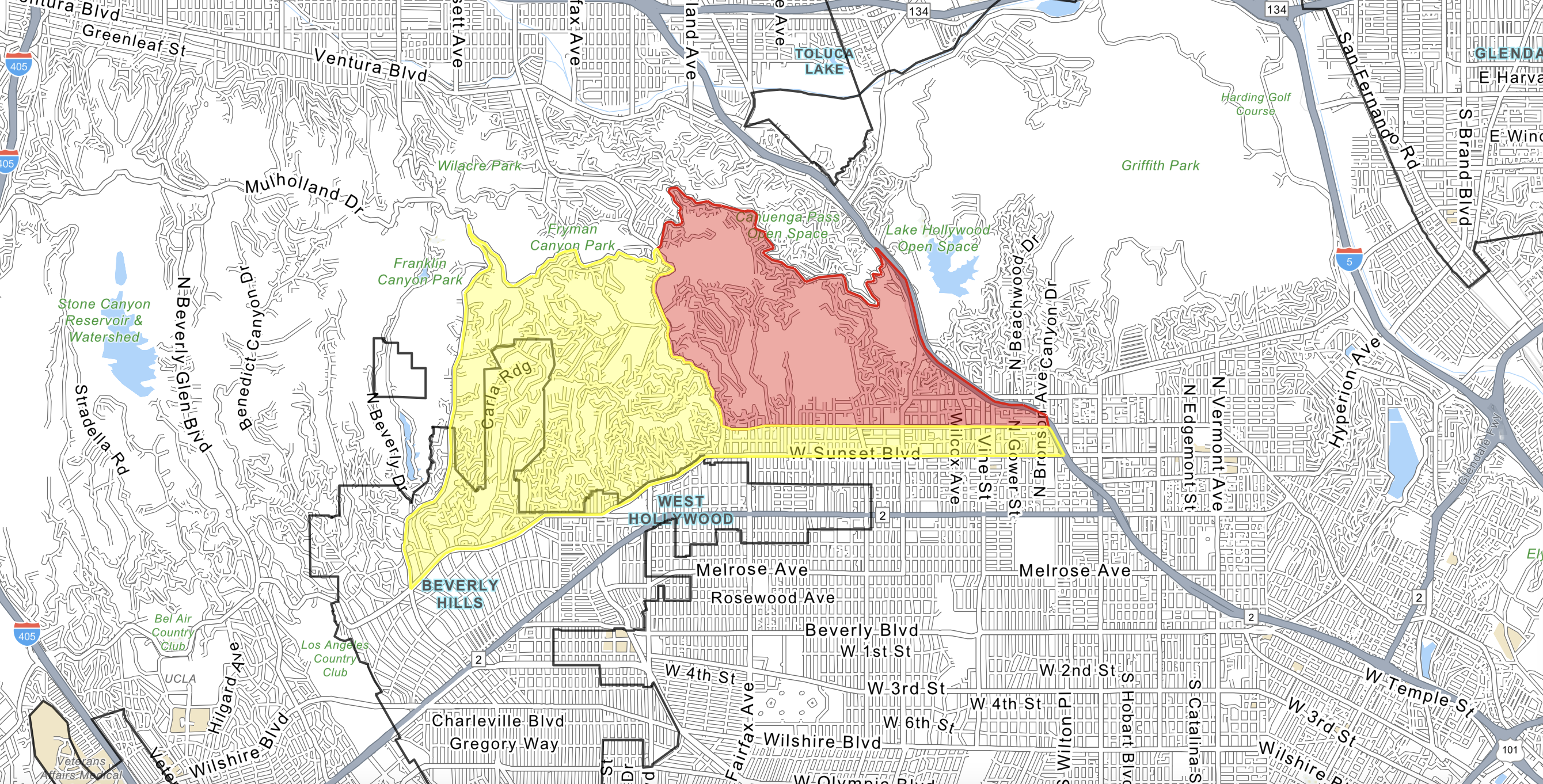The Texas Parks and Wildlife Department (TPWD) is urging people in southern Texas to keep a lookout for animals suffering from New World screwworm (NWS), a dangerous parasite that also impacts humans.
It comes after a case of New World Screwworm was detected in the southern Mexican state of Chiapas, near Guatemala, amidst warnings the insects have been moving "progressively northward."
Newsweek contacted the TPWD for comment on Wednesday via email outside of regular office hours.
Why It Matters
The New World screwworm fly lays its eggs in open wounds or orifices of various animals, including humans. These hatch to produce maggots that burrow, or screw, into the flesh causing intense pain, injury and in some cases death to the affected animal.
According to the TPWD, New World screwworm was eradicated from the United States in 1966, though it remains prevalent in parts of Central and Southern America. A return of the parasites to the U.S. would cause major health concerns, along with fears over its economic impact on American agriculture.
What To Know
On December 30, the TPWD reported a case of New World screwworm had been detected in a cow at an inspection point in Chiapas, amidst what it called "the progressively northward movement of NWS through both South and Central Americas."
In response, it is urging those living near the southern Texan border to monitor pets, livestock and wildlife for any signs of New World screwworm and to report any possible cases they detect.
According to the Centers for Disease Control and Prevention, "NWS infestations are very painful."
The federal agency adds: "If you have an NWS infestation, you may see maggots (larvae) around or in an open wound. They could also be in your nose, eyes, or mouth."
Symptoms for the condition include "irritated or depressed behavior," "smell of decaying flesh," "presence of larvae (maggots) in wounds," "head shaking," "loss of appetite" and "isolation from other animals or people."

Each female New World screwworm fly can lay up to 300 eggs in one go, which hatch into maggots that burrow into the flesh of their host to feed, before falling to the ground and emerging as adult flies. They can fly substantial distances and are a danger to wildlife, livestock and "rarely" humans according to the CDC.
Anyone who suspects they have come across a wild animal suffering from New World screwworm is urged to report it to one of the TPWD's wildlife biologists, a list of which can be found on its official website.
Livestock showing New World screwworm symptoms should be reported to the Texas Animal Health Commission or the U.S. Department of Agriculture.
In November 2024, cattle imports into the U.S. from Mexico were briefly suspended in response to New World screwworm fears.
There was a brief New World screwworm outbreak in Florida during October 2016, though this was swiftly isolated and eradicated by state and federal authorities. In response, 102 badly infected animals had to be euthanized.
What People Are Saying
TPWD wildlife veterinarian Dr J. Hunter Reed said: "Those enjoying Texas' natural resources have an opportunity to serve as the first line of defense in protecting wildlife, livestock, and human health.
"Their eyes and ears will be critical to quickly responding and managing this threat."
In an X post, Texas based rancher Morgan Treadwell said: "The New World screwworm (NWS) is a parasitic fly whose larvae infest living tissue of warm-blooded animals, including humans.
"While eradicated from the U.S. in 1982, recent detections in Mexico and Central America have raised concerns about its potential spread. The U.S. Department of Agriculture (USDA) is actively collaborating with international partners to prevent NWS from re-entering the United States."
What Happens Next
Authorities will continue monitoring whether New World screwworms are heading north and if they cross the U.S. border.
A return of the condition to the U.S. would be a major concern for farmers as well as posing a risk to humans and pets.
![SOURCE SPORTS: [WATCH] Mets Capt. David Wright Gives Interesting Insight On The Honor Of His Jersey Retirement In Citi Field](https://thesource.com/wp-content/uploads/2025/01/01fs75fy836w8mp4ytwr.webp)



















 English (US) ·
English (US) ·